2023 Presidency: Emefiele Insists On Contesting, Drags INEC To Court
The Governor of Central Bank of Nigeria, CBN, Godwin Emefiele has filed a suit against the Independent National Electoral Commission, INEC, and the Attorney-General of the Federation and Minister of Justice, Mr. Abubakar Malami, SAN, alleging attempt to disqualify him from the 2023 presidential election.
The CBN governor, in the legal action he instituted through his team of lawyers led by Chief Mike Ozekhome, SAN, is praying the court to declare that he can “validly participate in the primary election of any political party and is entitled to vote and be voted for as candidate of any political party of his choice, for the purpose of the nomination of candidates for the election to the office of Predsident or any other office under the Constitution of the Federal Republic of Nigeria, as amended”.
He wants the court to issue an order, “stopping the defendants (INEC and the AGF), from stopping or prejudicing the Plaintiff from participating, voting or being voted for at the congress or convention of any political party of his choice, for the purpose of the nomination of candidates for the election to the office of President or any other office under the Constitution”.
In a a supporting affidavit that was deposed to by one Maliki Sylvanus, Emiefele, told the court that he is aspiring to seek election to the office of the apresident of Nigeria and participate as a candidate in the upcoming 2023 presidential elections.
He however decried that the defendants, “are making frantic efforts to disqualify the plaintiff from participating in the Presidential primaries scheduled for 30th and 1st of June, 2022”.
The CBN governor, in his suit marked FHC/ABJ/CS/610/2022, specifically prayed the court to among other things, determine;
“Whether the provisions of section 84(12) of the Electroal Act, 2022, which are inconsistent with the provisions of section 137(1) (G) of the constitution of the Federal Republic of Nigeria, 1999 (as amended) which have been declared so by a court of competent jurisdiction, can be relied upon by the defendants to disqualify the plaintiff from contesting election to the office of the President of the Federal Republic of Nigeria or from contesting or participating in the parties’ primaries or other convention or congress for the purpose of election to the office of President of the Federal Republic of Nigeria, scheduled for 25th February, 2023”.
He is praying the court to also determine, whether by provisions of section 84(3) of the Electoral Act, 2022, “a political party can by its constitiution, guidelines or rules, impose any nomination qualification or disqualification criteria measure, conditions on any aspirant or candidate including the Plaintiff herein, in its primaries or constitution, guidelines or rules for nomination of its candidates for election besides those criteria as prescribed under section 65, 66, 1067, 107, 131, 137, 177 and 187 of the Constitution of the Federal Republic of Nigeria, 1999 (as amended)”.
As well as; “Whether by the combined effect of the provisions of section 84(3) of the Electoral Act, 2022, and section 137(1) (g) of the Constitution of the Federal Republic of Nigeria 1999 (as amended) which require a public officer toresign, withdraw or retire from his employment at least 30 days before the date of the presidential election, the plaintiff can be mandated and/or compelled to resign, withdraw or retire his position as the Governor of Central Bank of Nigeria earlier than 30 days to the political party primary or prrsidential election as prescribed by section 137 (10 (g) Constitution of Federal Republic of Nigeria, which presidential election is scheduled to take place about February 2023, while the primaries are fixed for 30th May and 1st June, 2022”.
The plaintiff futher wants the court to determined whether by provision of section 137(I) (g) and 318of the 1999 Constitution, he could be regarded as a political appointee within the meaning and intendment of section 84(12) of the Electoral Act, 2022.
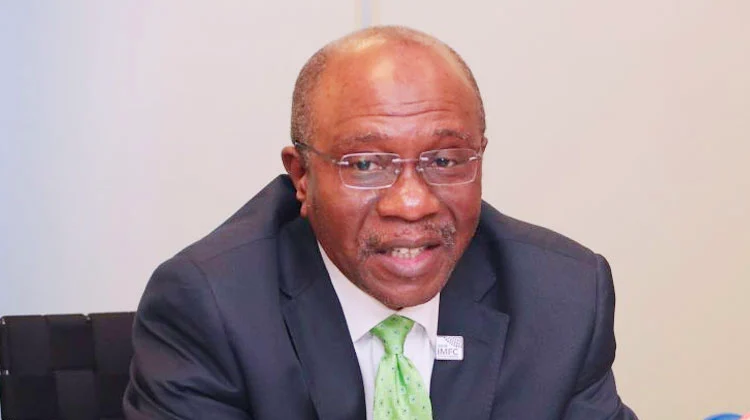

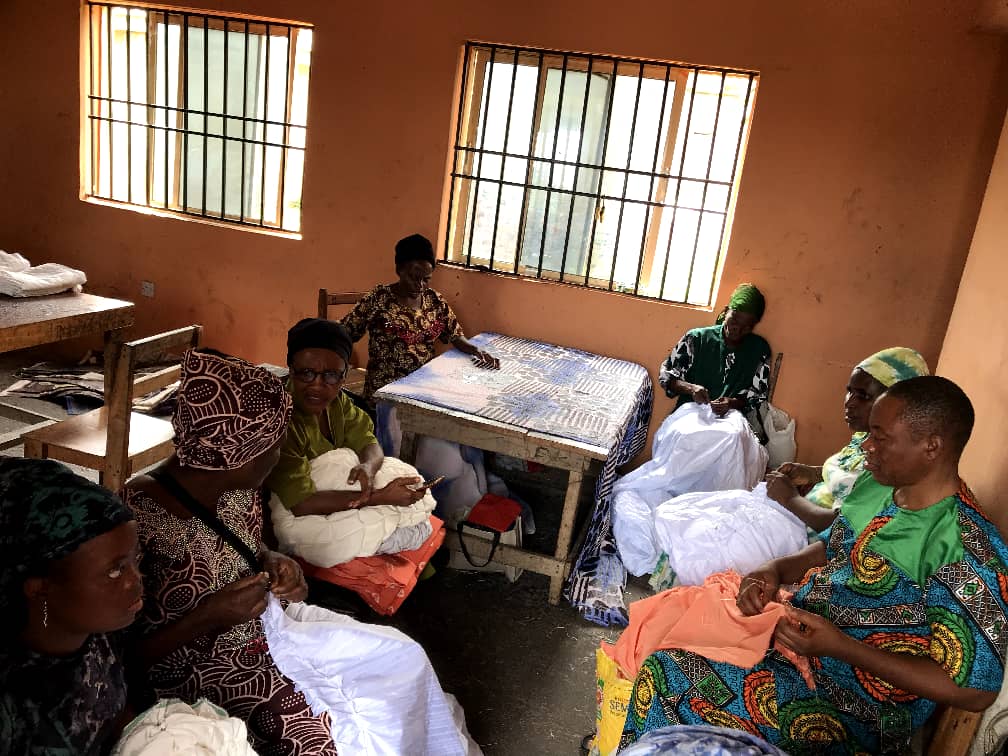
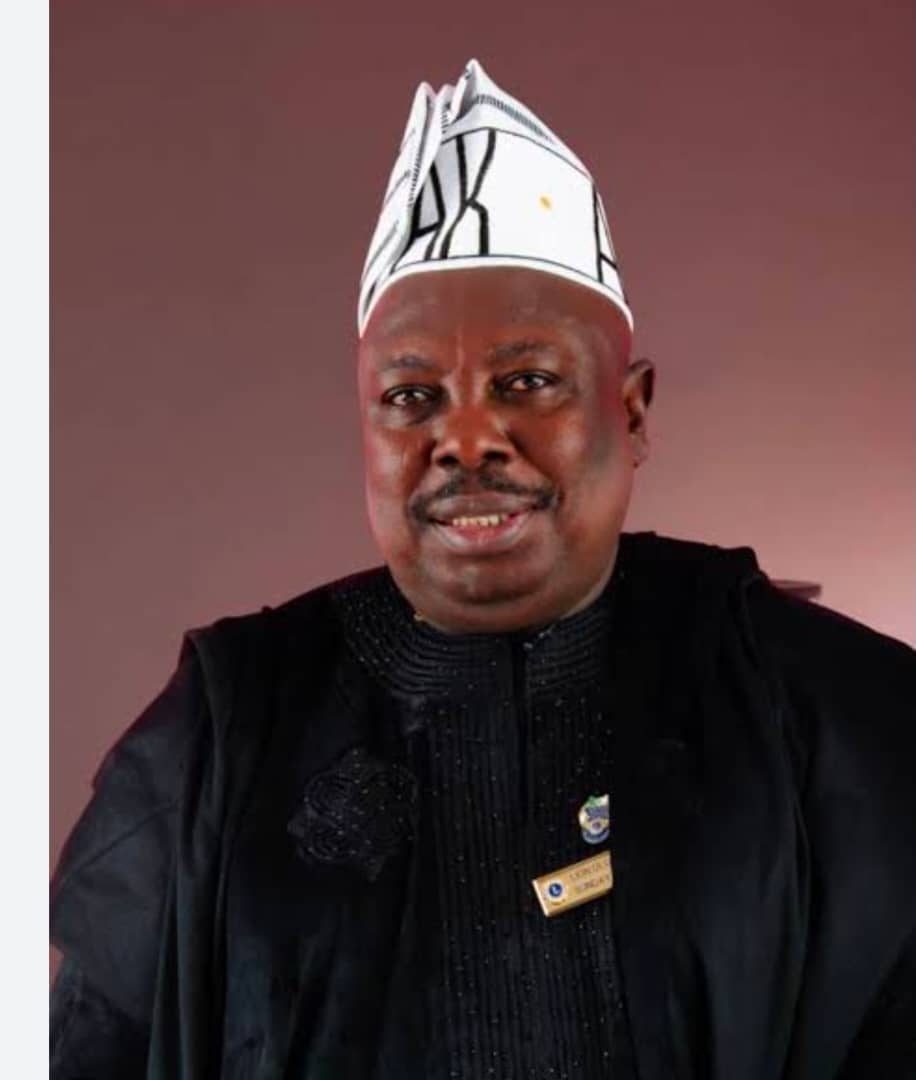
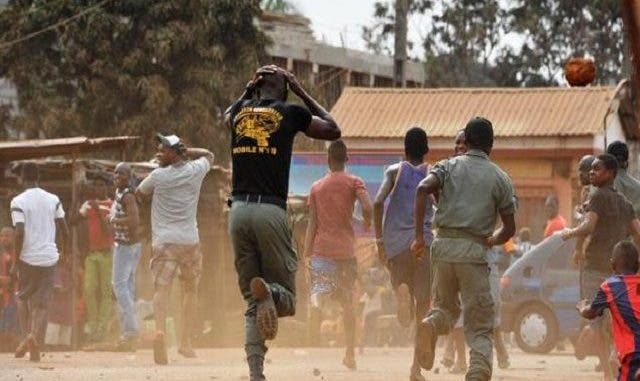

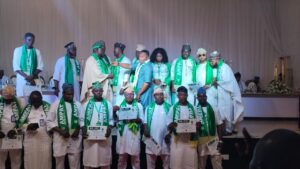


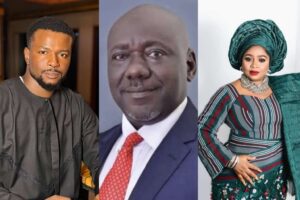





Post Comment